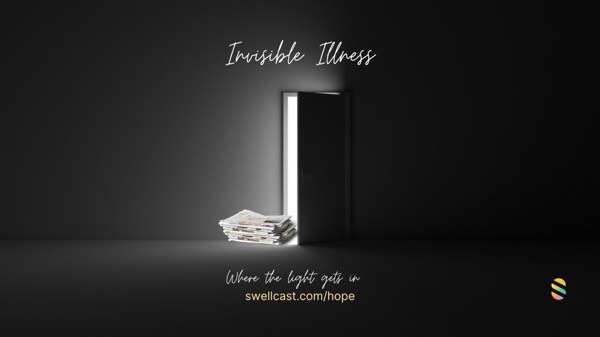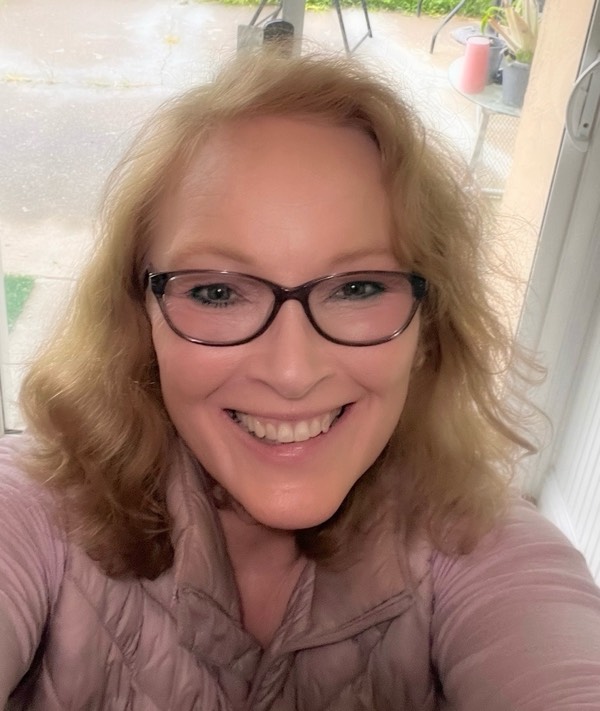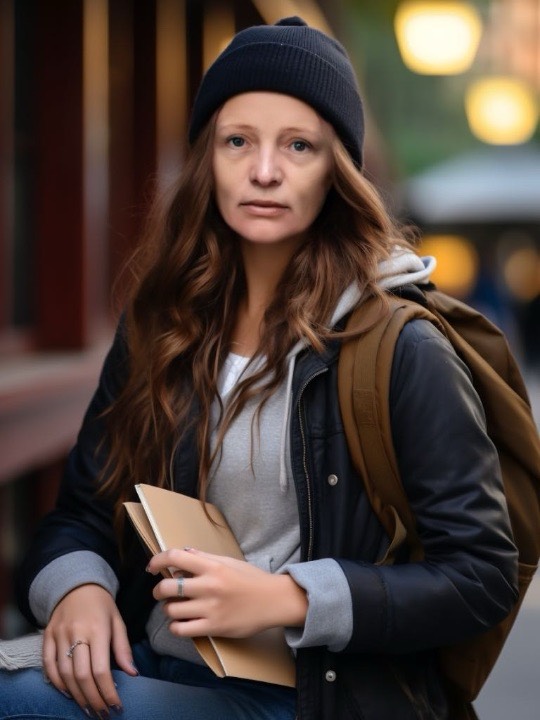
Mental Wellness Stories
@hope · 2:22
INVISIBLE ILLNESS | In the News
Welcome to where the light gets in. This week we're talking about invisible illness. And at this point in the week I usually look at what the news is covering, and I found an article that I'm sharing with you that I think is really helpful. It goes through a lot of the aspects of the difficulty of diagnosing invisible illnesses, and it gives a few examples of what some invisible illnesses are
And so one person, one person can determine everything for you, for good or bad. And then we can get into the topic of, like, internalized ableism. Because if you have multiple diagnoses, you know, one day you might be able to do something, and the next day you might not

Mental Wellness Stories
@hope · 2:27
It's so beautiful to hear you, and I learned so much, and I'm just hoping that more people hear this particular conversation, and that's why I asked this prompt. You know, this whole week has been tremendously important, and I feel like there's never going to be enough conversation to help people who have invisible illnesses feel acknowledged and supported. And the curiosity is really what we're missing in society
There's a certain process we have to go through. But on the other hand, I totally fight these labels. I don't like them. I have seen a lot of teachers over the years that focus on the label versus the person. So for me, that's never been a good thing in my case. And again, being learning disabled, it's really interesting because I've had people say, quote, you don't look disabled

Kim Soliz
@apianogirl · 5:00
And to me, in the country that I live in, we are very messed up as far as healthcare. I have some very good doctors. I have a primary, a therapist and 14 specialists. Well, wait, twelve specialists, because that's 14 total. I have had to quit doctors. I had a doctor who, an endocrinologist who told me that everything I was feeling was in my head, and he was misogynistic. He bullied me, he degraded me

Mental Wellness Stories
@hope · 1:23
What it means to have an illness that is not maybe even run of the mill of people that really identify as something that they're aware of and let alone something that's invisible. So thank you both for expanding this conversation and for being so open and brave and able to keep this at the level that I really wanted it to go to, which was, like, helping us see examples of what this entails. Thank you so much

Emily Stewart
@dourbat · 2:49
So easy after everything, after years and years and years of suffering and pain and issues, and I just really don't understand why it's not listened to. Like, it was so simple to get the answer, or a answer, at least. And so it's just interesting how medical professionals kind of approach chronic illnesses and invisible illnesses in general. And I think hopefully, the attitude towards that is changing

Mental Wellness Stories
@hope · 1:08
Hey Emily, I was so interested in this comment around just attitude in general. And I think there are certain heroes out there that champion this cause more than others because it is this. It's like a war on two fronts. And I hate to use that kind of militarized language, but I think, you know, people with invisible illnesses are dealing with their own health and they want the best treatment. They want the best language to develop around helping them get the right treatment




